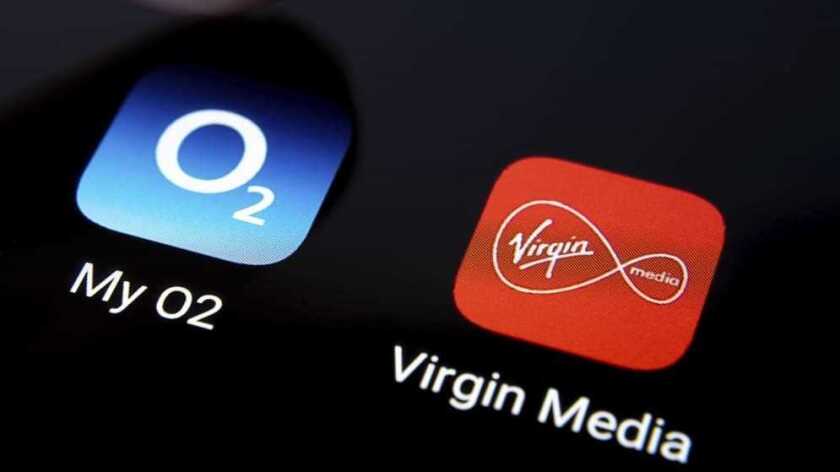“Given the impact this deal could have in the UK, we needed to scrutinise this merger closely,” said Martin Coleman, chair of the CMA panel inquiry.
“A thorough analysis of the evidence gathered during our phase 2 investigation has shown that the deal is unlikely to lead to higher prices or a reduced quality of mobile services – meaning customers should continue to benefit from strong competition.”
From the beginning, the regulator has made it clear that it was not concerned with any overlap in retail services, due to the small size of Virgin Mobile. It has instead focused on whether the acquisition could lead to reduced competition in the wholesale space.
Both Virgin and O2 provide wholesale leased lines to mobile operators, namely Vodafone and Three for Virgin and Sky and Lycamobile for O2.
“The blockbuster merger will transform the UK telecoms landscape and create a powerful new converged provider to rival BT,” commented Kester Mann, director of consumer and connectivity at analyst firm, CCS Insight.
“The joint venture will need to dig deep to fund the costly expansion of cable and 5G services throughout the UK and make tough decisions over its future brand direction.”
As a result, the CMA concerned that following the transaction, Virgin and O2 could raise prices, reduce the quality of its wholesale services or remove them altogether. As such the deal has been under review by an independent group of CMA Panel members for a phase 2 investigation.
Following the conclusion of an inquiry into the merger, the CMA has stated that the deal is unlikely to lead to any wholesale competition conflicts, to due to the fact that; one, backhaul costs form a part of rival mobile companies’ overall costs, making it difficult for Virgin to raise backhaul costs.
Two, the presence of additional market players such as BT Openreach offering the same leased-line services, with a much bigger geographical reach, and three, just as with leased-line services, there other companies that also provide wholesale mobile networks, meaning O2 will have to remain competitive.
“The CMA’s provisional approval comes as no surprise given that the deal does not create a significantly stronger player in either the fixed-line or mobile markets,” added Mann,
“For customers, the move marks the next step on the UK’s journey toward bundled telecom services. The new company will seek to sell fixed-line and mobile services across both the Virgin and O2 brands, hoping to lock-in customers and drive higher spend.”






